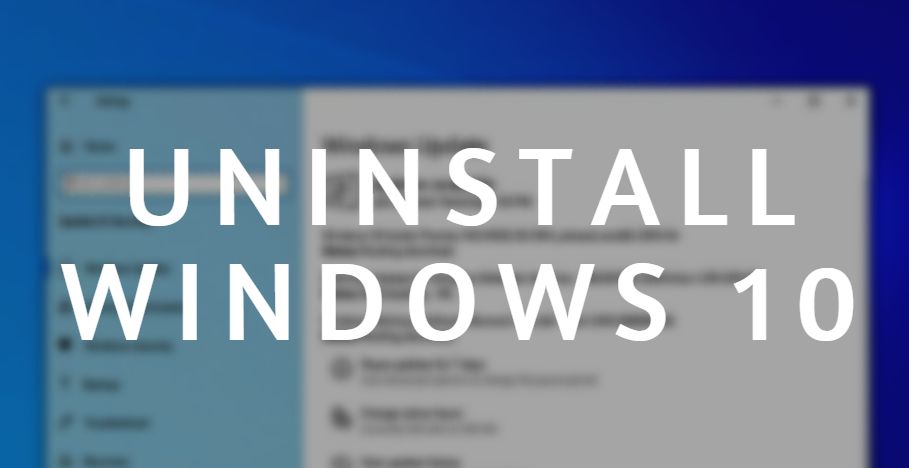With the rising popularity of digital entertainment, many consumers seek convenient and cost-effective ways to enjoy films from the comfort of their homes. As a result, free movie streaming sites have gained traction across the internet. However, questions about the legality of these platforms remain a subject of confusion and concern for many users. Are such services legal or do they cross the line into illegal distribution?

Understanding the Basics of Streaming Laws
To determine whether free movie streaming sites are legal or illegal, it’s essential to first understand how copyright and distribution laws work. Movies, television shows, and other creative content are protected by copyright. This means the creators or copyright holders have exclusive rights to distribute, reproduce, and monetize their work.
Streaming a movie without proper authorization from the copyright holder typically violates these rights, regardless of whether the content is downloaded or simply viewed online. Many free streaming sites operate outside the bounds of these legal requirements, making their operation — and sometimes, even their use — potentially illegal.
Types of Free Streaming Sites
Not all streaming sites are the same. The legality of a site depends primarily on whether it has received the proper licensing for the content it provides. Below is a breakdown of the different categories of free streaming platforms:
- Legitimate Free Streaming Services: Platforms like Tubi, Crackle, and Plex offer ad-supported, legal access to a library of licensed movies and shows. These are authorized by the content owners and operate within the law.
- Unauthorized Streaming Sites: These often provide access to the latest releases without permission from the right holders. Legal authorities typically consider them as operating illegally, and they are frequently taken down or blocked.
Legal Ramifications for Users
While the focus is often on the platforms themselves, end-users should not assume they are immune from legal consequences. Historically, downloading copyrighted material via torrents has resulted in lawsuits against consumers. Streaming, while sometimes perceived as less risky, is increasingly drawing scrutiny.
In some jurisdictions, simply watching pirated content — even through a stream — can be seen as copyright infringement. Internet service providers (ISPs) are often required by law to monitor such activity and may issue warnings or even throttle connections. In extreme cases, users have faced fines or legal action, especially if they assist in redistributing content.

How to Identify Safe and Legal Streaming Sites
If you’re looking to enjoy movies online without violating the law, it’s important to know what to look for in a platform:
- Official Branding and Domain: Legal platforms generally have professional websites, recognizable branding, and secure (HTTPS) connections.
- Presence of Advertising or Subscriptions: Licensed sites often support their service through ads or subscription models. If there’s no visible form of revenue, it’s worth questioning how the site affords to offer their content for free.
- App Store Inclusion: Being listed on places like Google Play or the Apple App Store can serve as an additional signal of legitimacy, though users should still read reviews and verify the publisher.
The Increasing Role of Enforcement Authorities
Governments and organizations around the world have increased their efforts to clamp down on digital piracy. Groups like the Motion Picture Association (MPA) work closely with local law enforcement and international bodies to identify and take down pirated streaming services.
Using a banned or blacklisted site may also lead to exposure to malware, phishing scams, or data theft. Many unauthorized sites are riddled with malicious ads that can compromise your privacy or security.
Conclusion
While the idea of watching newly-released movies for free might be tempting, users should approach free streaming sites with great caution. Streaming content via an unauthorized platform is most often illegal and can put both the site operators and the users at risk.
To stay on the right side of the law — and protect yourself from possible surveillance or malware — it is always best to use services that are licensed and transparent about their content sources. Education and awareness are your best tools in navigating the complex world of digital entertainment responsibly.




